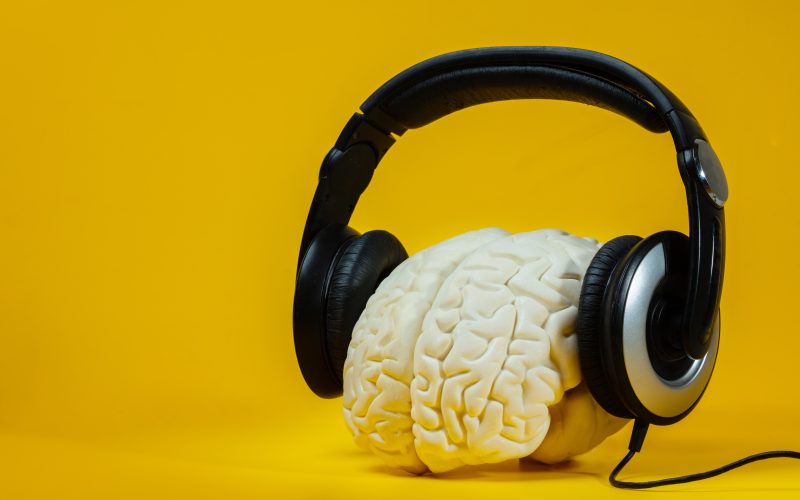Dr. Anupam B. Jena discusses questions you can consider in advance of a health event to be better prepared to make solid decisions when the time comes to see a doctor.
Read more


Dr. Anupam B. Jena discusses questions you can consider in advance of a health event to be better prepared to make solid decisions when the time comes to see a doctor.
Read more
Professor Adam Alter discusses the emotions, thoughts and behaviors that hold us back — and tricks for flourishing amid our anxiety.
Read more
Science journalist Rachel Nuwer discusses how MDMA – once a Schedule 1 drug – is now being heralded as a treatment for PTSD and other afflictions.
Read more
New York Times Magazine staff writer Susan Dominus talks about hormone therapy, which was once regularly prescribed but now is rarely used following a flawed study that doctors are hesitant to move past.
Read more
Journalist and public health historian David Merritt Johns joins us to discuss the surprising results of studies about food that’s traditionally been considered off-limits.
Read more
Journalist Virginia Sole-Smith discusses the ways we talk about bigger bodies, dieting and inclusion with kids – and about the pressures parents feel to get it right.
Read more
Author and poet Ross Gay joins us to share his essay collection about finding meaning in bleak times to create compassion, hope, and to better connect to our shared humanity.
Read more
Author Gretchen Rubin joins us to discuss her awaking to relearn how to see, taste, touch, smell, and hear — and why she found life richer and more fulfilling when she slowed down.
Read more
Clinical psychologist Orna Guralnik talks about what she’s seen in her practice, where couples are bringing to the table issues of race and privilege and trauma like she hasn’t seen before.
Read more
Nurse Kristen McConnell discusses the decisions families must grapple with when a critically-ill family member faces a recovery that’s far from a functioning life.
Read more
Megan Carle gives workshops on handling workplace bullying, and she joins us to talk about why bullies act the way they do and how we can keep them from derailing our careers.
Read more
Larry Sherman is professor of neuroscience at the Oregon Health and Science University, and he joins us to talk about how music works in the brain and how it affects our emotions.
Read more